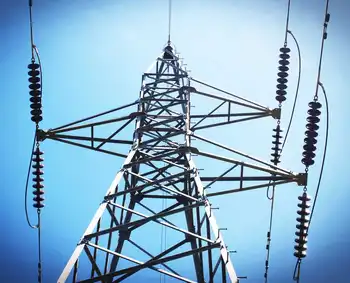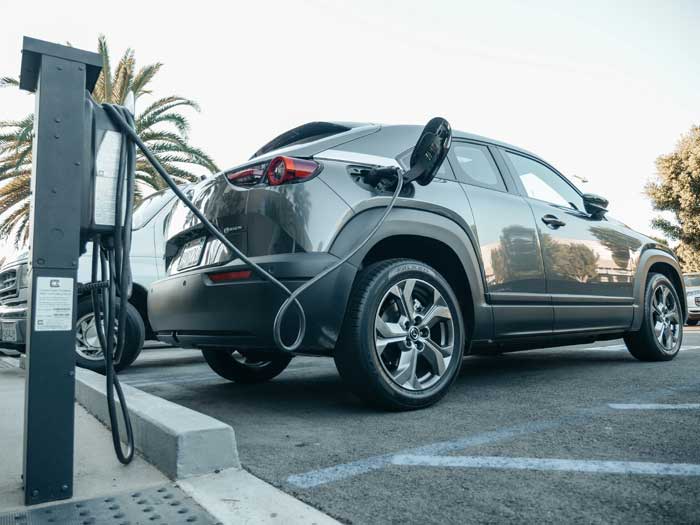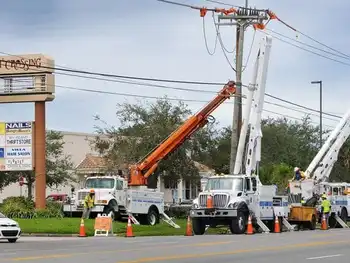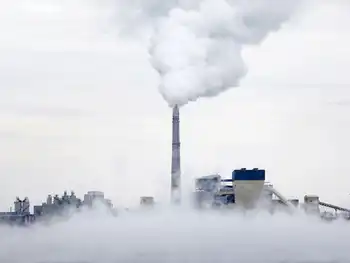China invests almost $4B in power projects to date
Of the newly commissioned power, the new hydropower capacity was 642 megawatts (MW), which was 271.3 MW or 29.7% less compared with the same period of the previous year. Newly commissioned thermal power capacity was 5,183.5 MW, which was 738 MW or 12.46% less year over year. Newly commissioned wind power capacity reached 164.3 MW, a drop of 171.4 MW or 51.1% compared with the same period of the previous year.
From January to February 2009, the total installed capacity of power plants with capacities of 6 MW or greater reached 760.7 GW, an increase of 10.9% year over year. Within this category, the installed capacity of hydropower reached 143.8 GW, an increase of 22.1%; thermal power reached 598 GW, an increase of 8.7%, and nuclear power reached 8.9 GW, which was the same as the previous year.
From January to February 2009, the total investment in grid construction reached $4.3 billion; the capacity of newly commissioned transformer substations at 220 kilovolts or above reached 12.85 gigavolt-amperes (GVA), which was 0.83 GVA or 6.09% less compared with the same period of the previous year. The total length of newly commissioned transmission lines at 220 kilovolts or above reached 1,172 kilometers, a slight increase of 62 kilometers or 5.59% compared with the same period of the previous year.
Related News
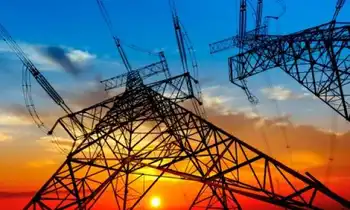
Heatwave Sparks Unprecedented Electricity Demand Across Eastern U.S
TEXAS - As temperatures soar to unprecedented highs across the Eastern United States, a blistering heatwave has triggered record-breaking electricity demand. This article delves into the causes behind the surge in energy consumption, its impact on the power grid, and measures taken to manage the strain during this extraordinary weather event.
Intensifying Heatwave Conditions
The Eastern U.S. is currently experiencing one of its hottest summers on record, with temperatures climbing well above seasonal norms. This prolonged heatwave has prompted millions of residents to rely heavily on air conditioning and cooling systems to escape the sweltering heat, driving up electricity usage…

